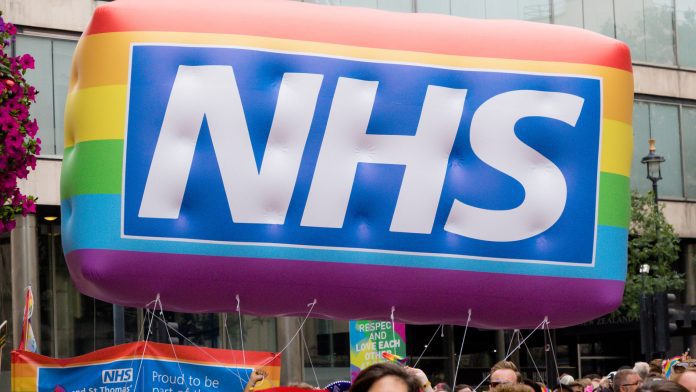
The first comprehensive analysis of the impacts of privatising the NHS has revealed that outsourcing NHS services to the private sector increases deaths from treatable causes and reduces the overall quality of care.
Published in The Lancet Public Health, the study suggests that the increased privatisation of the NHS has profound effects on public health. Since health services in England experienced increased privatisation between 2013 and 2020, there have been higher rates of treatable mortality (deaths that could have been averted through effective and timely care). This implies that the quality of healthcare has diminished during this time.
Benjamin Goodair, the study’s author from the University of Oxford, commented: “The unparalleled data utilised in this study enabled us to conduct the first rigorous analysis of one the most controversial health care reforms in England’s recent history. While some have argued the Health and Social Care Act would improve the performance of health services by increasing competition, our findings add merit to long-standing concerns it could instead lead to cost-cutting and poorer health outcomes.”
Impacts of privatising the NHS
To analyse the consequences of NHS privatisation, the researchers examined a novel data set that displayed the money each regional health board spent on outsourcing between 2013 and 2020. Statistical analysis was employed to assess how the standard of care evolved, monitoring the association between privatising the NHS and treatable mortality.
Additionally, the researchers performed further analysis that looked at potential links between outsourcing health services and preventable mortality, which are deaths that are mainly avoidable through effective public health instead of medical interventions, and are not regarded as a measure of healthcare quality.
The data consisted of over 12,700 files, comprising information about 173 of England’s 191 regional health board’s outsourcing expenditure – which equated to more than £204 billion from 645,000 individual payments.
The findings suggest that outsourcing steadily increased following 2013, from less than 4% of total regional health board spending to more than 6% in 2020, resulting in £11.5bn spent on privatising NHS services, varying significantly by each health board. The most notable increases were identified in IT support, with consistent spending found in healthcare businesses, social work, and transport companies.
Increased deaths from treatable conditions
The team’s analysis illuminated that a 1% increase in outsourcing expenditure per year was attributed to a 0.38% rise in treatable mortality – 0.29 deaths per 100,000 of the population the following year. The results infer that there were 557 additional deaths between 2014 and 2020 linked to privatising the NHS.
In contrast, no relationship was discovered between NHS privatisation and preventable mortality, meaning the association between outsourcing services and treatable deaths is likely due to quality of care instead of a result of general trends in health outcomes in the population.
Dr Aaron Reeves, a study author from the University of Oxford, said: “These results clearly have implications for the NHS privatisation debate, suggesting that increased outsourcing to the private sector could lead to a decline in the quality of care provided to patients. While more research is needed to determine the precise causes of the declining quality of healthcare in England, our findings suggest that further increases in NHS privatisation would be a mistake.
“The findings of this research are timely as the way England’s health boards are organised is set to be overhauled. This creates a key moment where the role of the private sector within the NHS must be closely scrutinised.”
Study limitations
One of the limitations of the study was that the significant changes to regional health boards since 2013 made it challenging to measure outsourcing before this period precisely and conduct a before-and-after analysis.
Furthermore, the results are not evidence of a causal relationship between NHS privatisation and mortality rates, meaning other potential factors cannot be ruled out. Finally, outsourcing files did not outline details on the specific services provided by the supplier, so further research is required to evaluate if specific services are the leading cause of the trends.
Professor Andrew Street of the London School of Economics and Political Science, who was not involved in the study, concluded: “Arguments have long raged about what role the private sector should play in the United Kingdom’s health system, where provision is dominated by the National Health Service (NHS). Despite the inability to establish a causal mechanism, the study adds to the evidence base examining the impacts of privatisation on the health system in England.”
“For-profit providers may secure greater profit for their shareholders by being innovative and quick to adopt the latest technologies. But a faster route to making profits might be to compromise quality.
“The only protection against this double-edged sword is via the contract: quality standards must be fully spelt out, there must be careful monitoring of performance, and there must be strict enforcement when standards fall short.”

























